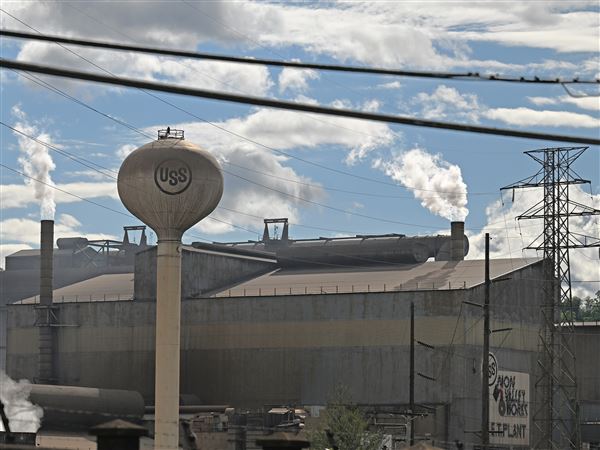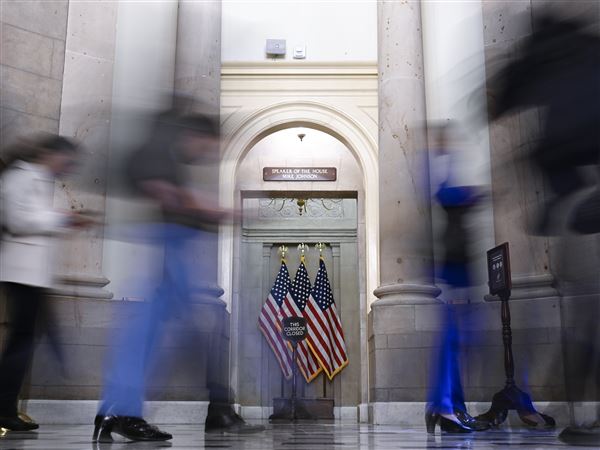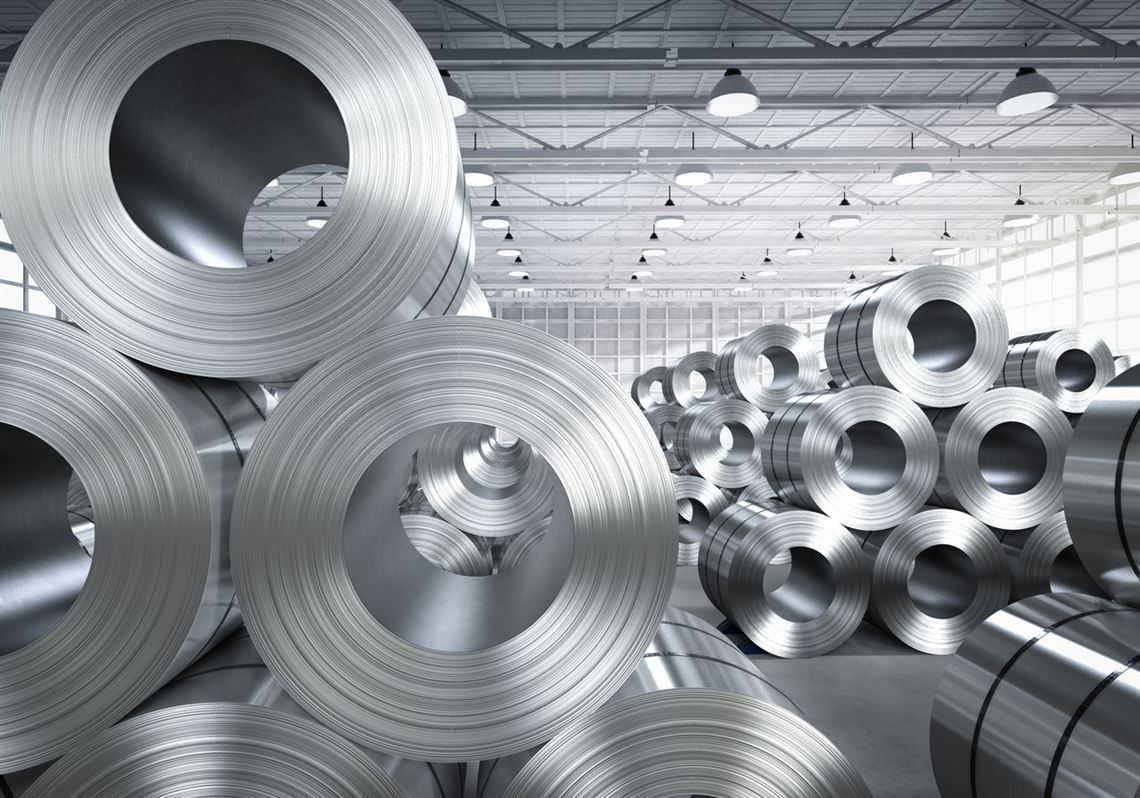As the hoopla and initial storm of controversy over the Trump administration’s tariffs on steel and aluminum have faded to background noise, the hard work of using those tariffs to achieve global trade fairness should be underway. Indeed, it needs to be ramped up.
China has run roughshod over the global production of steel and aluminum too long. Legislative fixes like the Leveling the Playing Field Act have been useful but more like an irritant than a deterrent, as far as China is concerned.
What the United States needs is a muscular economic philosophy that starts treating the U.S. as just one of many global trading entities, not one that must sacrifice out of a sense of noblesse oblige. The U.S. can still stand up for fair trade, but it must start by insisting on its own rights as well.
The tariffs plan has created some self-inflicted pain, especially among American manufacturers who depend on foreign suppliers. The U.S. does not make sufficient quantity and quality of all the kinds of steel and aluminum that manufacturers need, so they buy the steel where it can be found.
One instance is specialty metals producer Allegheny Technologies. It plans to import stainless steel slabs from Indonesia and process them at a recently reopened plant in Midland, Beaver County, creating about 100 high-wage jobs. Another is office furniture maker Steelcase of Michigan, which uses a special type of steel from Japan to manufacture a durable glass-like surface for whiteboards and architectural purposes. The company cannot get the steel it needs in the U.S., the company said flatly.
Obvious solution: Waive the import duties on those kinds of steel.
The Commerce Department is working its way through more than 2,400 applications for waivers.
The target of the tariffs is steel and aluminum that is made in China and then channeled to the world through other countries to conceal the origin of the products. It’s for certain that Japan is not laundering Chinese steel, so waiving steel shipped from Japan should be an easy call.
Mr. Trump’s tariffs are good in concept. The U.S. has an obligation to think its tariff rules through in detail and to act promptly to waive the tariffs on steel that is not competitive with American steel or that is not adversely affecting American trade.
Pennsylvania’s U.S. Sen. Bob Casey, a Democrat, has expressed support for the tariffs. Sen. Sherrod Brown, the Ohio Democrat who agrees with Mr. Trump on few things, likewise applauds the steel and aluminum tariffs. He believes that the tariffs are not an end in themselves but a tool, and a temporary one at that, to bring China into compliance with global trade realities.
An American tariff policy that threatens manufacturers like ATI and Steelcase is flawed. The Trump administration has boldly endorsed American-made steel. It can’t throw American steel consumers under the bus in the process.
First Published: May 14, 2018, 4:00 a.m.















